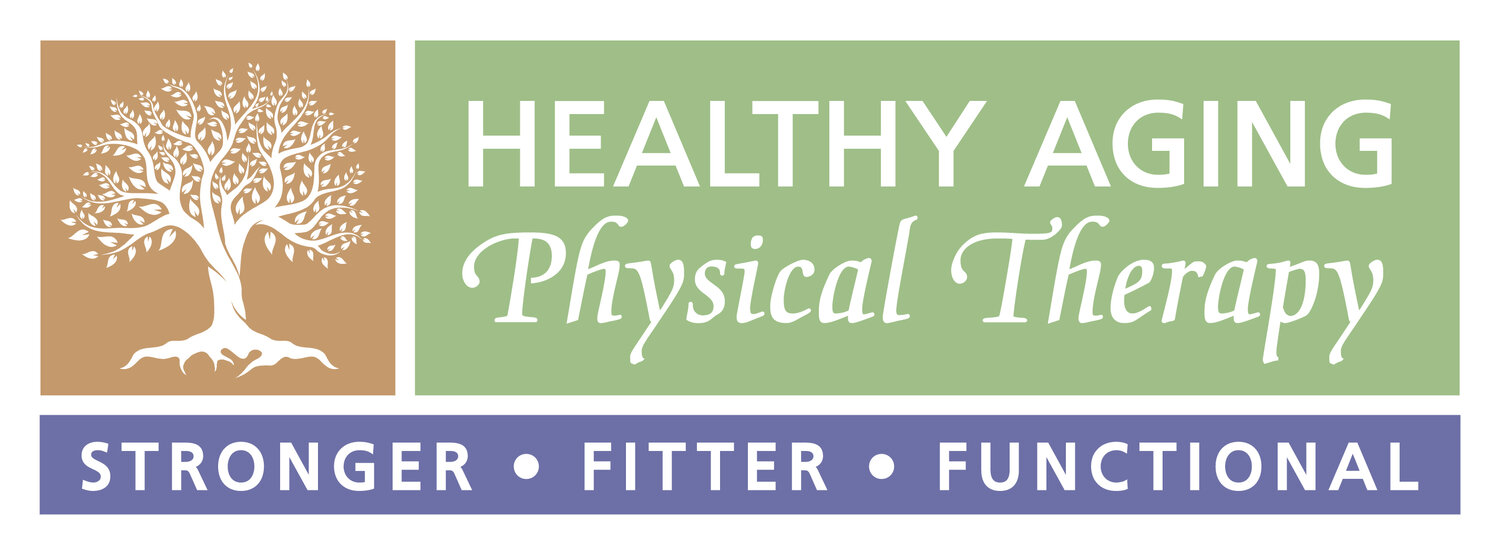How NOT to Fall on the Ice this Winter
It’s Black Ice Season here in Boston and time for me to share my best tips for how NOT to fall on the ice.
But before I do, I have to share my #1, Hands-down, favorite video on the internet. This came across my feed years ago, and I still watch it every so often just because it cracks me up every time. I don’t know if it’s the dad’s laugh, or the fact that I so relate to spending hours waiting in pick up lines outside of schools, but it is absolute gold. Don’t worry, no teens were harmed in the making of this film.
Now, onto the good stuff. What is the best way to avoid taking a digger on the ice this season? Here are my Top 5 Tips to Keep You on Your Feet (and off your rear!) this Winter:
1) Invest in a pair of Ice Cleats:
These come in various brands, shapes and sizes, but a good pair of ice cleats can be your best friend. They are generally mesh and can wrap around whatever shoes or boots you are wearing to give you better traction on the ice. I typically recommend Yak Tracks (See on Amazon here), but LL-Bean also sells their own version (LL Bean Stabilizers), as does REI and other Outdoor stores.
2) Ice-Proof your Cane:
Whether you use a cane on a regular basis or not, it can be a helpful tool in the winter, especially if you add on an Ice-Tip (See Vive Ice Tip on Amazon here). Another great alternative is a hiking pole, and these generally come with a set of tips for various conditions as well (this one is the kind I typically use). Having something to ‘grab’ the ground with, in case of a slip, can be the difference between a ‘phew’ and a hard landing.
3) Walk like a Penguin:
When you’re out there trying to get from Point A to Point B, walk like a penguin! Take wide, short steps and avoid pushing off at the end. Basically, waddle like a penguin! It may seem silly, but it works:
4) Bulletproof Your Balance:
We all know that Prevention is the best Medicine and when it comes to walking around this winter, this is especially true. We all have these automatic fall-prevention reflexes, called Reactive Balance Strategies, that are designed to help us regain our footing after a loss of balance. Whether that is a little ankle rock, bending over at the trunk to lower your center of mass, or getting a foot out there to step and prevent a fall, these need to be practiced to remain effective! If you’ve been having falls, or even find yourself having a lot or near misses, it may be a good time to see a Physical Therapist to work on your balance. Even if you feel like your balance is pretty good, as you age, it’s a good habit to do some regular balance exercises to keep it up to snuff. Check out our Otago Exercise Page for a routine you’d an try at home, or join us at one of our Strong and STEADI sessions if there is one available near you. Looking for 1:1 Balance Training? Contact us today to see if we can help.
4) Stick the Landing:
Slips, trips and falls happen, so if you’re going down, you’re better off knowing how to land. We’ve put a page together with helpful tips on how to land safely to reduce risk of fractures and other injuries and practice this skill often with our patients. If it can mean the difference between a bump or bruise and a hip fracture or head injury, believe me, it’s well worth it. Check out our How to Fall Safely page here.
We hope these tips keep you on your feet and off the ice this winter! Physical Therapists like us are Fall Prevention Experts and we love to help. Read more below to learn about our practice, meet our therapists and find out how to get in touch so we can help you stay safe this winter.
Who are we and where do we go?
Healthy Aging Physical Therapy provides Physical and Occupational Therapy in the comfort of your own home (“Outpatient at Home”). We accept Medicare B, Blue Cross Blue Shield and most Medicare Advantage Plans and provide care in the following communities: Concord, Arlington, Belmont, Lexington, Winchester, Woburn, Stoneham, Melrose, Medford, Malden, Wakefield, Lynnfield, North Reading, Reading, Middleton & Peabody, Massachusetts.



